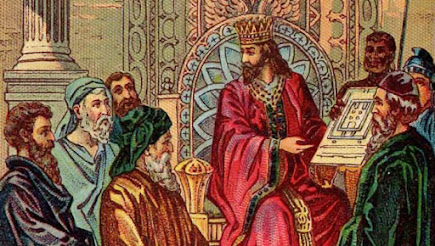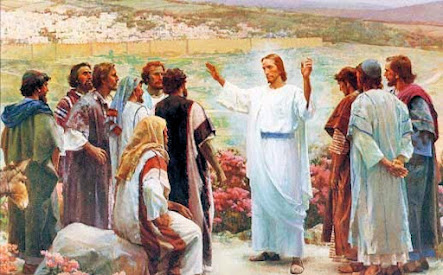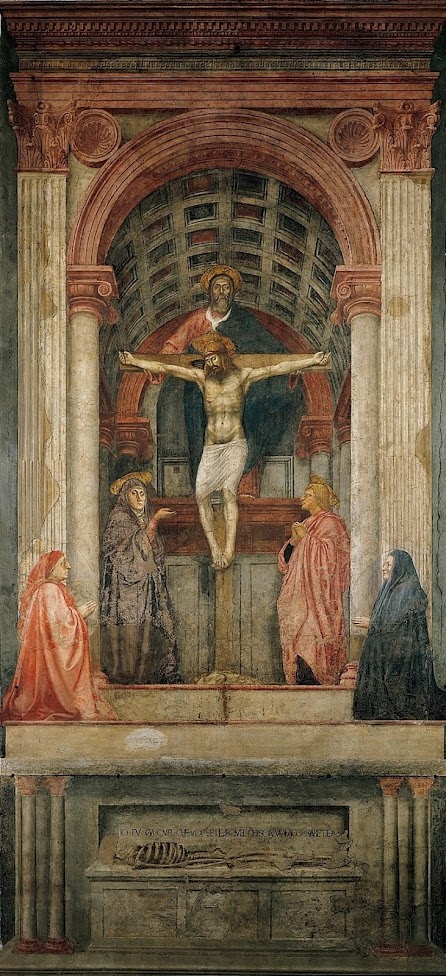“I will follow you wherever you go.”
This person was willing to follow Jesus, but only if he was going to some definite destination that could be known and understood. It was as if he was implicitly asking, 'and where will that be?' He wanted to be able to retain at least that much control. He could look forward to the rest of the eventual destination to justify whatever he endured along the way.
Jesus answered him,
“Foxes have dens and birds of the sky have nests,
but the Son of Man has nowhere to rest his head.”
This potential disciple wanted a more conventional style of rest than Jesus offered. Jesus did offer rest, but not as a destination. It was rather with him on the journey where rest could be found. If he was in the boat the storm didn't matter. Peace wasn't found on the eventual shore nearly as much as it was simply in his presence, "[f]or we who have believed enter that rest" (see Hebrews 4:3).
We tend to want to orchestrate our own journey with Christ. There are some things that seem to us so important as to take priority even over him.
And to another he said, “Follow me.”
But he replied, “Lord, let me go first and bury my father.”
Following Jesus means trusting him enough to let him order the rest of our lives around him. It isn't an abandoning of our relationship to our mother or father. But it is a primacy of Christ over those relationships. Only Christ has rightful claim on such a complete allegiance. Even Elijah permitted Elisha to go and take care of his family before following him. Jesus wants us to know that utterly unique and central role he wants to play in our lives. He won't settle for second place.
Jesus senses the partial commitment in the one who wants to first say farewell to his family. It is not his love for his family that Jesus discourages. It is his lack of complete buy in with Jesus that is inadequate. A person with this attitude would always need to consider the things in the world left undone. He could never be fully present to follow Jesus.
Jesus answered him, “No one who sets a hand to the plow
and looks to what was left behind is fit for the Kingdom of God.”
May we learn to put Jesus first in our own lives, to follow him though we know not where, and to trust him with all those aspects of our lives, aspects which do rightfully matter to us. Our families and our destination are all safer in his hands.
We can learn not to contend with God just as Job understood. But we have far greater reason than Job to trust in him for he has revealed his love for us in Jesus Christ. The Father did not spare his only Son (see Romans 8:32) but gave him up for us. If Job could understand not to justify himself how much more should we, who have experienced the love of Christ, be able to relinquish control?
Job answered his friends and said:I know well that it is so;
but how can a man be justified before God?
Should one wish to contend with him,
he could not answer him once in a thousand times.
God is wise in heart and mighty in strength;
who has withstood him and remained unscathed?

















